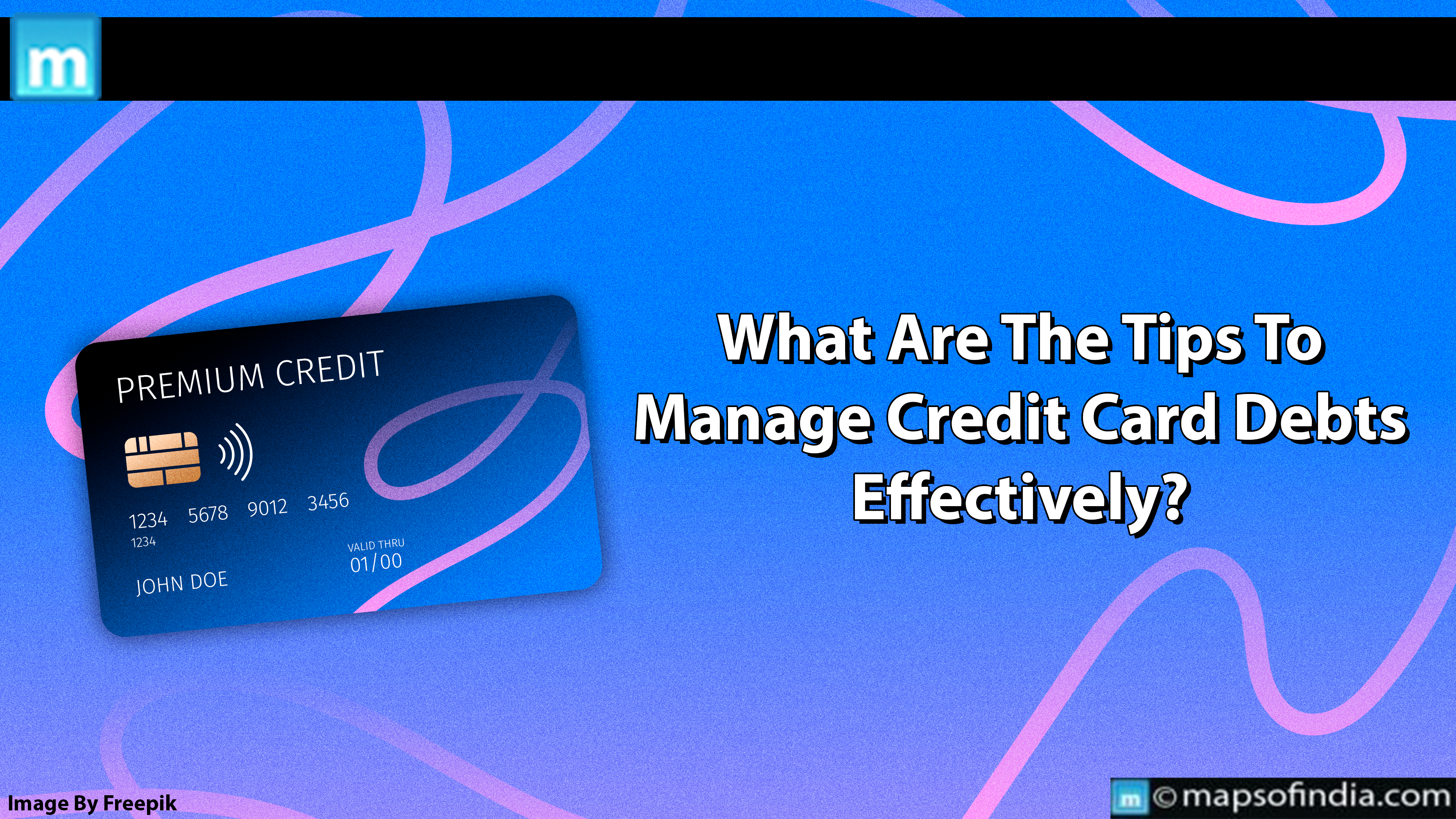Holding credit card balances can impose substantial financial strain. Still, implementing the appropriate strategies can regain authority over one’s economic affairs and journey towards debt-free. Through cultivating a strategy focused on repayment of obligations at a pace better suited to one’s circumstances, it becomes feasible to surmount credit card debt loads in a disciplined manner and progressively enhance one’s financial security, all while maintaining control over expenses and payments without needing to rely on further credit use as a short-term solution to long-term money management challenges.
Below are the tips for managing credit card debts effectively:
-
Create a Budget and Stick to It
The first step in managing credit card debt is understanding your financial situation. Take the time to create a budget that outlines your monthly income and expenses. Identify areas where you can reduce spending to free up more money to pay off your credit card debt. Stick to your budget religiously to avoid accumulating more debt.
-
Prioritise Your Debts
If you have many credit cards with outstanding balances, it is important to prioritise them based on their interest rates and outstanding balances. Consider using the avalanche or snowball method to pay off your debts. Under the avalanche method, you first prioritize paying off the credit card with the highest interest rate. In contrast, under the snowball method, you first focus on paying off the credit card with the smallest balance. Regardless of your chosen method, ensure that you make minimum payments on all your cards while allocating extra funds towards paying off the prioritized debt.
-
Negotiate with Creditors
Don’t hesitate to contact your creditors to negotiate better terms on your credit card debt. You can lower interest rates, reduce or waive late fees, or set up a more manageable repayment plan. Many creditors are willing to work with proactive borrowers to address their debt.
-
Debt Consolidation Loan or Balance transfer
If you need help to keep up with high-interest credit card payments, consider transferring your balances to a credit card with a reduced interest rate through a balance transfer. This can help you save money on interest and pay off your debt faster. Alternatively, you could explore debt consolidation loans, which allow you to combine multiple debts into a single, more manageable monthly payment. Compare terms and fees before committing to any balance transfer or consolidation option.
-
Avoid Temptation
While working to pay off your credit card debt, avoiding adding to it is essential. Cut back on unnecessary expenses and avoid using your credit cards for discretionary purchases. Consider temporarily freezing your credit cards or leaving them home to resist spending impulsively. Focus on building healthy financial habits that will serve you well in the long run.
In conclusion, controlling credit card debt takes commitment, planning, and persistence. By making a budget, focusing on the most important debts first, negotiating with lenders for better options, exploring ways to combine debts, and preventing new debt, a person can take charge of their finances and work towards debt-free. It’s worth noting that small, consistent changes over time can lead to significant progress. Staying determined is critical to overcoming debt.
